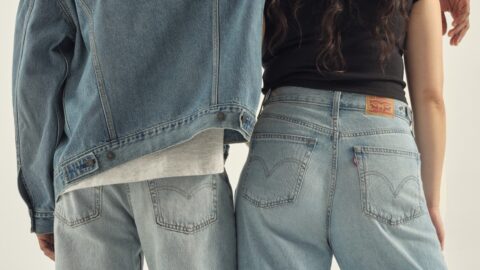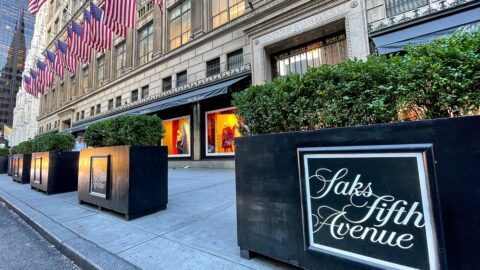As seen with Mickey Drexler’s recent departure from J.Crew, retail CEOs surely have different demands on them than they had in the past. They’re required to differentiate their brands through large yet unique product assortments, and they must be transparent with consumers, shareholders and employees. Both of these factors are paramount in improving the likeability of the modern CEO, according to a survey from executive crowdsourcing platform Owler.
The top five most likeable CEOs in the retail industry, rated from 0 to 100, are:
-
Lokendra Ranawat (98.5) of India-based WoodenStreet;
-
Vance D. Bell (96.6) of Shaw Floors;
-
Craig Jelinek (94.9) of Costco;
-
Peter Agnefjäll (93.5) the outgoing CEO of IKEA; and
-
Kevin Mansell (90.6) of Kohl’s.
In addition to making the retail top five, Jelinek was rated the most-liked CEO of a public company in the U.S. across all industries.
Edward Lampert (24.5), CEO of Sears Holdings, ranked dead last and #41 overall among the CEOs rated, with Sam’s Club’s John Furner (25.5) and Kmart’s former President and Chief Member Officer Alasdair James (37.6) rounding out the bottom three.
Jim Fowler, Founder and CEO of Owler, believes that CEO likeability largely stems from the company’s product offering. He cited the fact that even though Steve Jobs was an extremely demanding personality to work for, people still wanted to work for Apple.
“I believe that the products that you see at the top of this list are products that most of these consumers love,” Fowler said in an interview with Retail TouchPoints. “For instance, Costco’s ranking doesn’t surprise me at all. I hate to shop, but I love Costco. On the other hand, while Sears used to be a brand everyone loved, they’re now an old, tired brand. It is more than a CEO’s personality and their inspired vision; it’s that they are leading companies that create great products as viewed by the market today.”
But in a world where social media and mobile devices have given everyone access to their own soapbox, — forcing companies and their executives to be more transparent — personality still has a major impact on how a retail enterprise is run, and how it will be perceived.
“The social impact is going to be really interesting, because CEOs can no longer hide behind the privacy of their company policies, especially in a technology niche where most people don’t know who they are,” Fowler said. “Now, when they’re unpopular, it shows. Oscar Munoz, the CEO of United Airlines, is the lowest ranked CEO (22.5) overall, and that’s no surprise. These ratings are reflecting what the market knows. For smaller and lesser-known companies, I think this can give a lot of transparency and bring a lot of social good, forcing CEOs to care about how they’re reviewed.”
Retail CEOs Lag Behind Other Industries
With an average score of 68.5, Retail & e-Commerce industry CEOs ranked #21 in Owler’s top 25 industries list, suggesting that these CEOs are not as well-liked as leaders in other industries.
But Fowler noted that the retail CEOs’ low rankings may have less to do with their personal attributes and more to do with the nature of the industry.
In retail, “Anything other than perfection gets dinged hard,” said Fowler. “Retail is an industry where there is always going to be a certain amount of bad interactions with people. Consumers may not like the return policy, or an in-store clerk was rude to them. It’s just way easier for retailers to get a bad mark compared to well-liked industries.”
Retail CEOs should “look at yourself within your industry as a more important view than trying to compare yourself to other industries, because it’s not fair to compare apples to oranges in that way,” Fowler added.
Owler designed the survey to be a broad industrywide peek into the general opinion of the CEO, collecting feedback from company employees, customers and investors. The survey included CEOs that have generated at least 10 ratings on the Owler platform within the past six months, so that the results aren’t based on outdated opinions.













